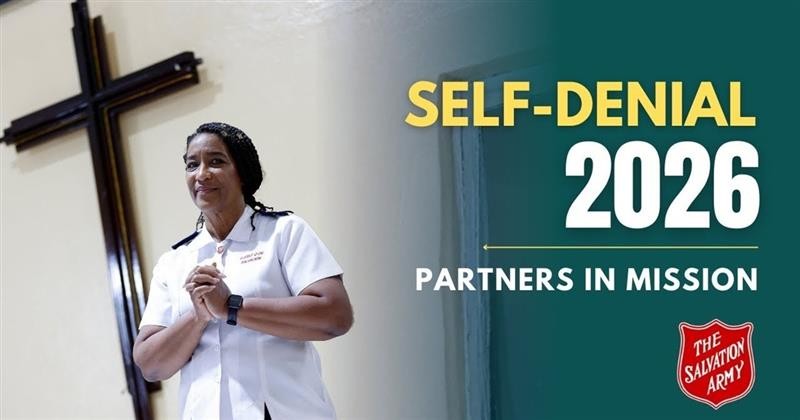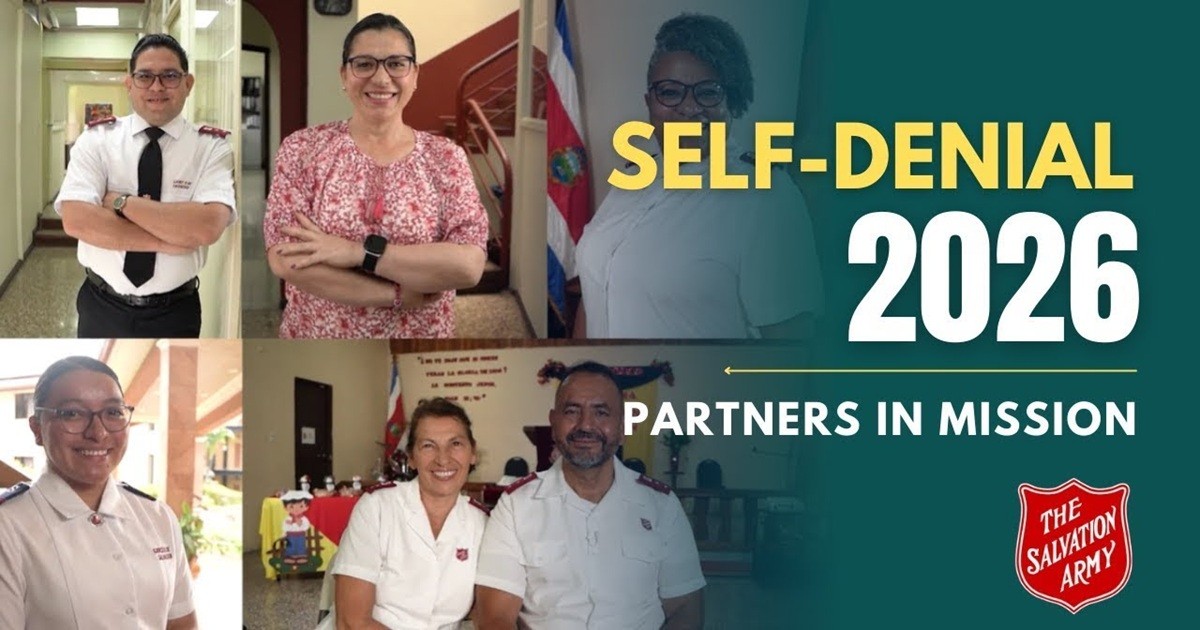 When Welsh poet Dylan Thomas urged his dying father, “Do not go gentle into that good night,” he was expressing his belief that death was something to be resisted. “Rage, rage against the dying of the light,” intoned Thomas, who himself would die at an early age.
When Welsh poet Dylan Thomas urged his dying father, “Do not go gentle into that good night,” he was expressing his belief that death was something to be resisted. “Rage, rage against the dying of the light,” intoned Thomas, who himself would die at an early age.
Our current culture leaves us woefully unprepared to deal with death and all its harsh realities. From lonely hospital wards where people die alone to an ever-growing funeral industry that seeks to protect us from viewing the “ravages” of death, it is clear our society views death as something to be avoided and hidden. We celebrate the notion of eternal youth and view death and dying as shameful. If you doubt this, you need only observe the numerous television ads which promote product and lifestyles which claim to resist the effects of aging, sickness and death.
How should Christians express our belief that death is not shameful? How do we, like the Apostle Paul, proclaim our hope that in the resurrection of Christ, “Death has been swallowed up in victory” (1 Corinthians 15:54)? Our Salvationist-Wesleyan tradition offers us the tools we need to face the reality of death as befitting the people of God.
John Wesley viewed death not as something to be feared, but as the passing away of the temporal into the eternal. Nearing the end of his own life, Wesley observed, “In a short time I am to quit this tenement of clay, and remove into another state which the living knows not and the dead cannot tell” (John Wesley's Scriptural Christianity, Thomas C. Oden). For those of the Wesleyan tradition, death marked the beginning of new life, when body and soul would be glorified─made perfect in Christ─as promised in 1 Corinthians 15:52.
And though we know and believe in this hope, death still scares us. More than anything else, it is death's randomness that makes us fearful. Death can come at any moment, both to the young and the old, the sick and the healthy, the rich and the poor. It can be drawn out and expected, or violent and unexpected. When an old person that lived a good and productive life dies, we tend to say things like, “God called that person home.” But we would rarely say that about a teenager who died as a victim of gang violence. We do not know why or how people will die. But still, it is not uncommon for Christians to wish for a death that is somehow ideal. “I'd like to go in my sleep, quick and painless,” I heard one person say. Can we rightly ask for that? Or are such questions the product of an age in which we try to mitigate the effects of the dying process at all cost?
Our Salvationist forbearers, chiefly influenced by Wesley's theology, would likely not have requested an “ideal” sort of death. If the notion had even occurred to them, they would have asked that in their death, as in life, they would bring glory to God and inspire others to grow in their faith. That is why early accounts of Salvationist's passings involved bed-side scenes, with families huddled around the dying persons, soaking in the last moments of their loved ones' presence, hearing those final blessings pronounced as the souls of the dead departed into glory. Consider the parting benediction of the Army Mother, Catherine Booth, who died a painful death of cancer and yet exhorted her children to “Love and seek the lost; bring them to the Blood ... I am dying under the Army flag; it is yours to live and fight under. I send you my love and blessing” (Catherine Booth, Roger Green). Perhaps due to our cultural tendency to limit the death experience within the confines of a hospital, we miss out on these precious final experiences with our loved ones, moments that would greatly assist us in the bereavement process and help us gain a much-needed sense of closure. Fortunately, we are witnessing in our society a recognition that the dying process needs to be dealt with more openly to give families the ability to partake in their loved one's transition from this world to the next. This is occurring with the rise of the hospice movement and healthcare centres that focus exclusively on palliative care. Believers in the Wesleyan tradition even use their own death as a means to witness to others about a life lived with Christ. John Wesley's last words reflect this: “The best of all is, God is with us” (Wesley and the People Called Methodists, by Richard P. Heitzenrater). So also do the ardent cries of the Salvationists tragically lost aboard the sinking of The Empress of Ireland, offering their lifejackets to their fellow passengers as they explained, “I can die better than you!” This was not mere boasting, but an act of selfless love made in the confidence that whatever happened to them, they would rest safely in the arms of Jesus.
The message of the world is that death somehow reflects life's hopelessness. Therefore, a life well lived is a life spent in pursuit of pleasure and self-fulfillment. We know that this is not the case. As a Salvationist people, inheritors of not only the Wesleyan tradition but the New Testament community that affirms our belief in the Risen Lord, the world is watching how we handle the death and dying process. Death is to be resisted when it comes as a result of injustice, preventable diseases and starvation. But how we view death─whether as a portal into nothingness (a cause for despair) or as the means of becoming one with Christ (a cause for joy)─will greatly impact our work and witness in the world. The late Commissioner Edward Read, one of the Army's great writers on holiness, had the privilege of meeting death while surrounded by family and friends. His children describe an experience their father had before he died where he began stirring with excitement. When they asked him what he saw, he said, “Beauty, just beauty. Everything is so clear and bright. I think I can see Jesus!” When asked if he had anything special to say, the venerable man replied, “Tell people to walk in the light” (In the Hands of Another, Edward Read ). Telling people to walk in the light, even in the dark presence of death, is our privilege and joy as the people of God.
Cadet Robert J. Jeffery will be commissioned as a lieutenant of the Witnesses For Christ Session this spring.









Comment
On Tuesday, April 21, 2009, Matt Clifton said:
On Friday, April 17, 2009, Philip Brace said:
Leave a Comment